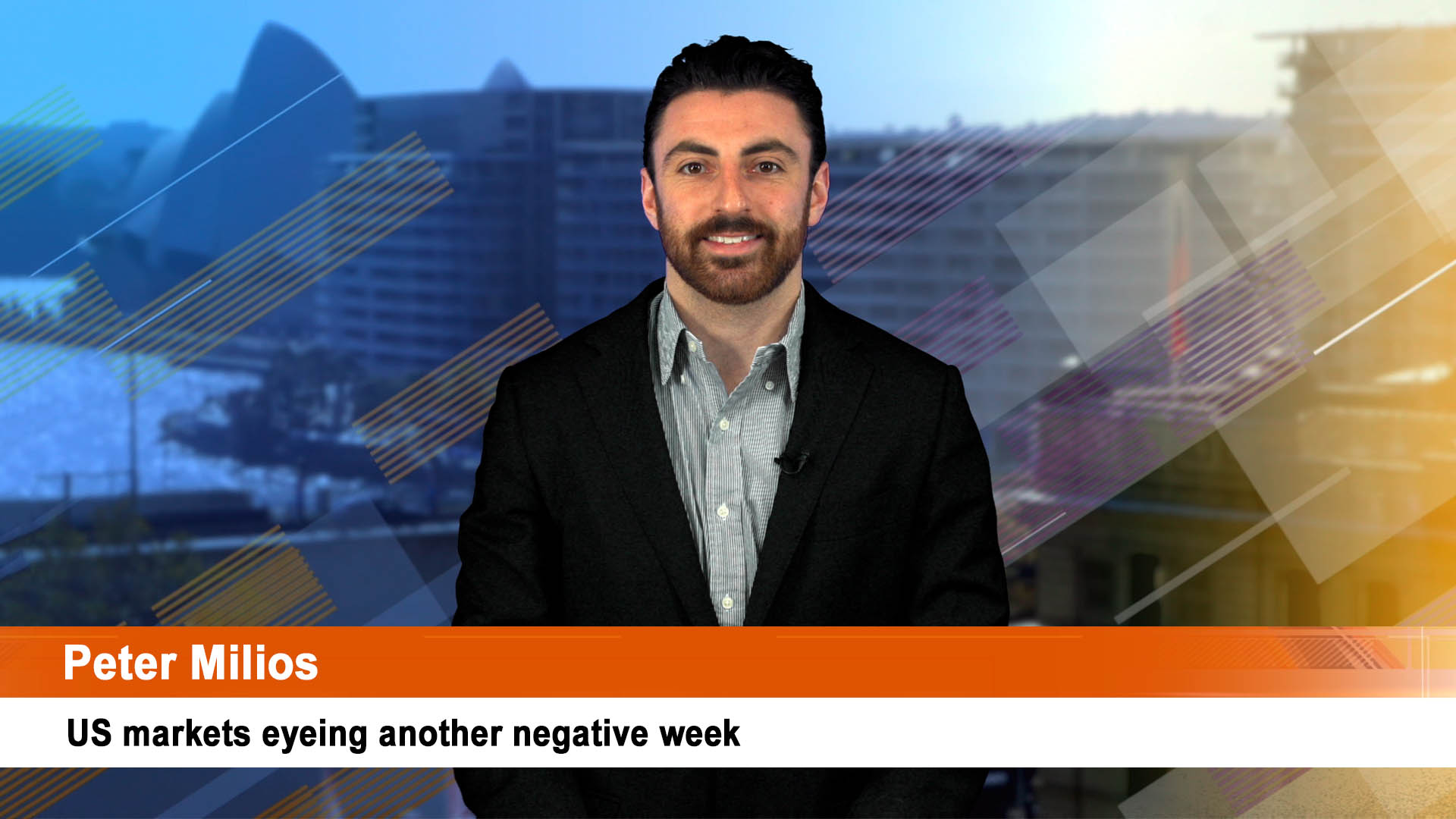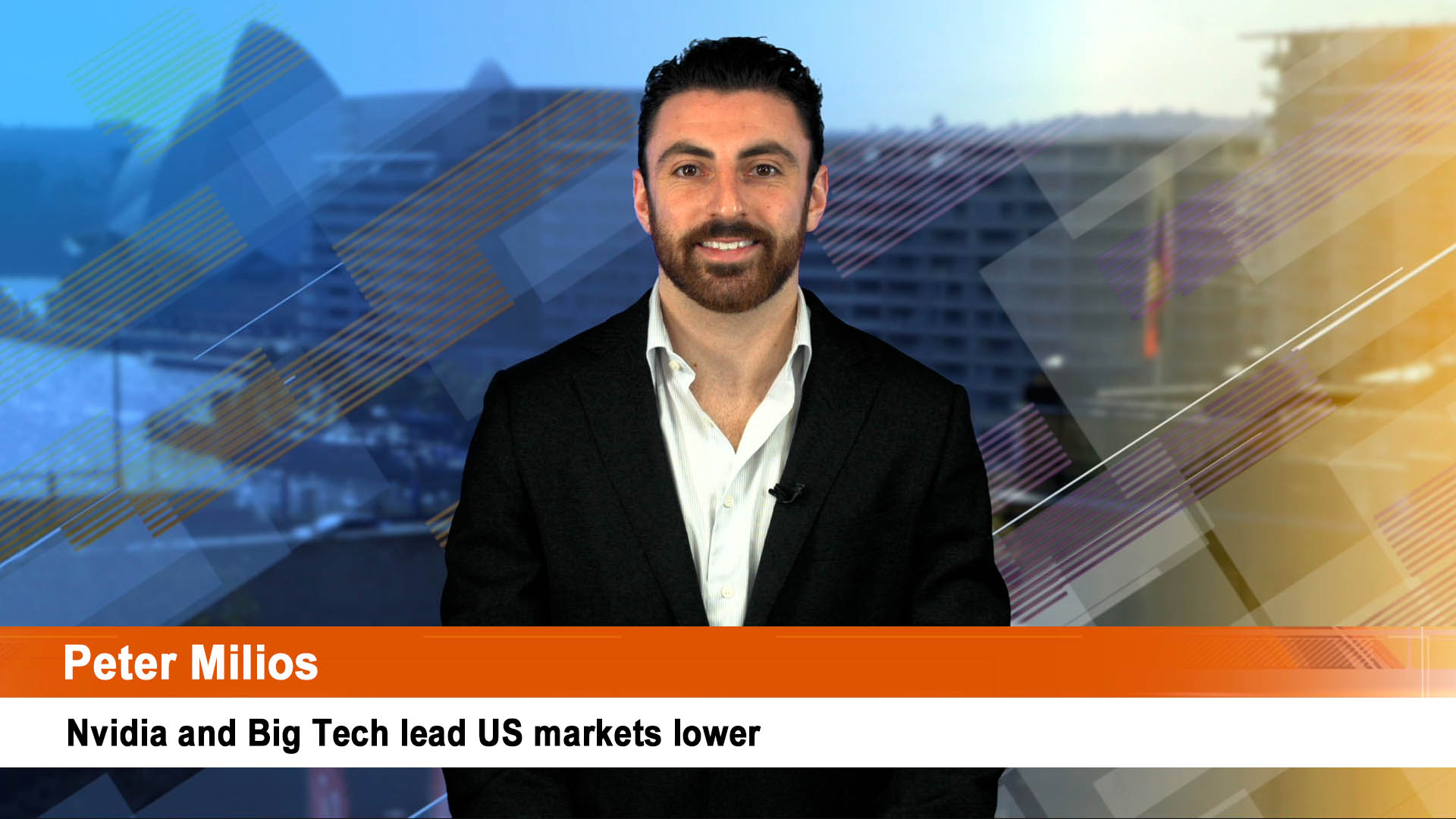Dividends were the highlight at CSR ((CSR)) following the company’s FY21 results, which showed costs under control, a sturdy working capital position and a robust hedge book in aluminium. Property realisations continue to underpin the business outlook.
Going forward, CSR can benefit from strong residential construction so the main issue for Morgan Stanley is one of valuation. The yield is attractive, at 5% based on FY22 forecasts, yet on a price/earnings basis the broker considers the stock fully valued.
Property remains the driver of valuation and cash flow and Morgan Stanley points out it is difficult to estimate the timing of proceeds. The overall outlook, while positive, seemed vague to the broker, with the beat to earnings forecasts seemingly driven by building products and partially offset by higher-than-expected corporate expenses.
On the other hand, Citi believes the company is at the start of an earnings upgrade cycle amid a combination of a structurally-improved cost base and operating leverage. The broker also envisages an opportunity for further property to be unlocked and considers this understated in the share price.
CSR has produced a significant increase in dividends in FY21, with a 14.5c final dividend and 9.5c special dividend. The latter reflects settlement of property sales at Horsley Park.
UBS believes the special dividend also signals a commitment to return property proceeds to shareholders while Ord Minnett, for FY22, only models ordinary dividends in line with the cash being generated.
Cash generation should moderate now, the broker asserts, as capital expenditure steps up and proceeds from property sales reduce. Still, Ord Minnett concedes management could choose to continue declaring special dividends, given a net cash position.
In the second half aluminium earnings were $17m and UBS now expects FY22 earnings (EBIT) growth of 8%, primarily because of an increase in aluminium earnings.
Around 95% of the aluminium order book has been favourably hedged for FY22 and a further 40-80% for FY23-25 provides confidence in the company’s ability to deliver aluminium earnings over the next four years. Aluminium costs have receded a little, Macquarie notes, and the extension of the hedge book, with 95% of FY22 covered, is a strong marker for this segment.
Property
The company’s Western Sydney property valuation now has an “as is” value of $900m and CSR, over the next three years, has $146m in property sales contracted at Horsley Park. Additionally, the land it will sell into stage 3.2 of its Horsley Park project has been increased to 12.4 hectares. UBS suspects this could deliver a 38% uplift to the earnings value of this tranche post FY24.
Given rising asset values for industrial land, Citi suspects a better price could be realised in the final stages of marketing Horsley Park. Badgery’s Creek is undergoing rezoning and, based on Horsley Park, could be a $48-85m per annum earnings opportunity should CSR be successful.
The broker acknowledges the main issue with any sizeable property asset is what investors are willing to ascribe but calculates the share price is only factoring in around 25% of the value and understating the full potential of property assets.
Macquarie remains concerned that the company has not quantified the implications of its strategy, although acknowledges a plan to centralise supply chain management and coordinate marketing is progressing. The broker notes the company is open to acquisitions but the valuations in the current market are elevated and organic growth is likely to take precedence at this juncture.
A positive catalyst could involve a cost-saving target tied to the supply-chain transformation, Ord Minnett proposes, yet suspects the stock could struggle to materially outperform. As the valuation is stretched and housing data probably as good as it gets, the outcome of management’s business realignment and cost management remains key.
Building products
CSR provides leverage to the Australian housing market and this, coupled with the aluminium hedge book, should support earnings, although UBS believes the share price adequately reflects this. Moreover, second half earnings margins improved in building products by around 200 basis points, to 11.9%.
Credit Suisse has downgraded to Neutral, as the forecast upside has now been reduced, while accepting the trend in building products could have room for upside surprise in terms of volumes, given the strength in housing data.
Recognising industry capacity constraints, the broker models a lagged effect on activity levels in FY22 and FY23 of 120,000 detached dwellings, well below the “extraordinary” recent three-month average of 165,000. Credit Suisse also models a double-digit decline in multi-residential activity over both these years.
A softening of multi-residential activity is likely but should then alleviate pressure on the company’s ability to service demand in the near term, Macquarie points out, noting CSR is yet to experience the full benefit of the recovery in detached housing.
There is strong operating leverage as the government’s HomeBuilder benefits start to flow through and as HomeBuilder starts have been extended for over 18 months this aids in flattening the demand curve.
Going by past housing cycles, Citi notes CSR has a good record of delivery. Operating leverage will be front loaded and in a usual cycle this will typically build over several years. The broker expects earnings to rise 29% in FY22, driving margins of 13%, before moderating in FY23.
FNArena’s database has two Buy ratings and four Hold. The consensus target is $6.40, suggesting 7.3% upside to the last share price. The dividend yield on FY22 and FY23 forecasts is 4.3% and 4.5%, respectively.













